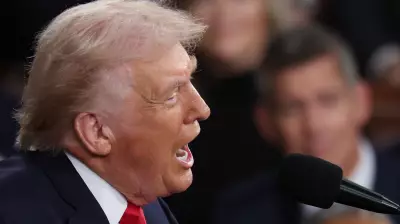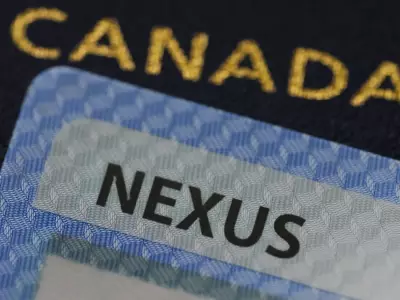
The resurgence of Quebec's sovereignty movement is creating unease in financial markets, with bond investors growing increasingly nervous about the province's political stability.
Widening Bond Spreads Signal Concern
Thirty-year Quebec bonds are currently trading approximately six basis points wider than comparable Ontario debt, representing the largest spread witnessed in almost a decade according to Bloomberg data. This widening risk premium directly reflects mounting investor apprehension about political uncertainty in Quebec, which accounts for more than twenty percent of Canada's total population.
The trend has accelerated recently as the separatist Parti Québécois consolidates its lead in public opinion polls with less than one year remaining until the next provincial election. PQ Leader Paul St-Pierre Plamondon has explicitly promised to hold a referendum on Quebec independence should his party achieve power.
Investors Recall Turbulent History
Last month marked the thirtieth anniversary of Quebec's last sovereignty referendum, where citizens narrowly chose to remain in Canada by a margin of just 50.6 percent to 49.4 percent. That period represented the peak of tension during a volatile era of constitutional politics that remains vivid in the memories of many investors.
Ryan Goulding, portfolio manager and head of interest rates at Leith Wheeler Investment Counsel Ltd., expressed his reluctance to invest under these conditions. "With the overhang of a referendum, it's a province I just can't bring myself to buy," he stated.
The spread widening began when the United States imposed fifty percent tariffs on aluminum imports in June, dealing a significant blow to Quebec as a major producer and exporter of the metal. Although secession remains statistically unlikely, markets are nevertheless pricing in the political risk.
Current Public Opinion and Future Uncertainty
According to a recent survey conducted by Leger Marketing for Quebecor Inc.'s news media outlets, approximately sixty percent of Quebecers would currently vote against leaving Canada. About thirty percent would support secession, with the remainder either undecided or declining to answer.
Sebastien Dallaire, executive vice-president at Leger, characterized current support for separation as a "parked vote." He noted that many younger Quebecers have never seriously contemplated what provincial independence would entail.
"It's not necessarily a vote that is based on deeper emotions, which will really arise once we start talking about a referendum in a year from now," Dallaire explained. "If we do, things will likely change quite a bit."
For many Canadians, the volatile 1995 referendum remains a cautionary tale. Initially, few believed separatists stood a chance until a campaign led by charismatic politician Lucien Bouchard gained unexpected momentum. The Canadian dollar plunged as secession appeared increasingly possible, and the prime minister made desperate pleas for Quebec to remain. Ultimately, separatists lost by a margin of approximately 54,000 votes.
Goulding, who reduced his Quebec position to underweight when aluminum tariffs were imposed and hasn't purchased since, summarized the current investment climate: "In an environment of tight credit spreads everywhere, investors who are looking to de-risk their portfolios out of corporate credit could be better served in a name with less tail risk."






